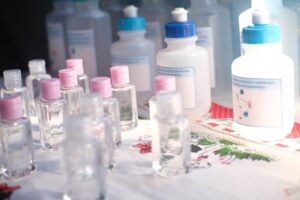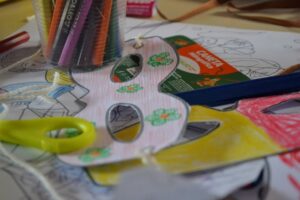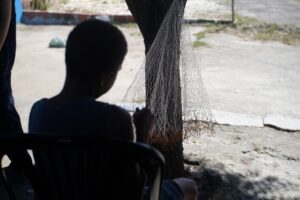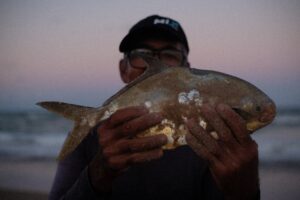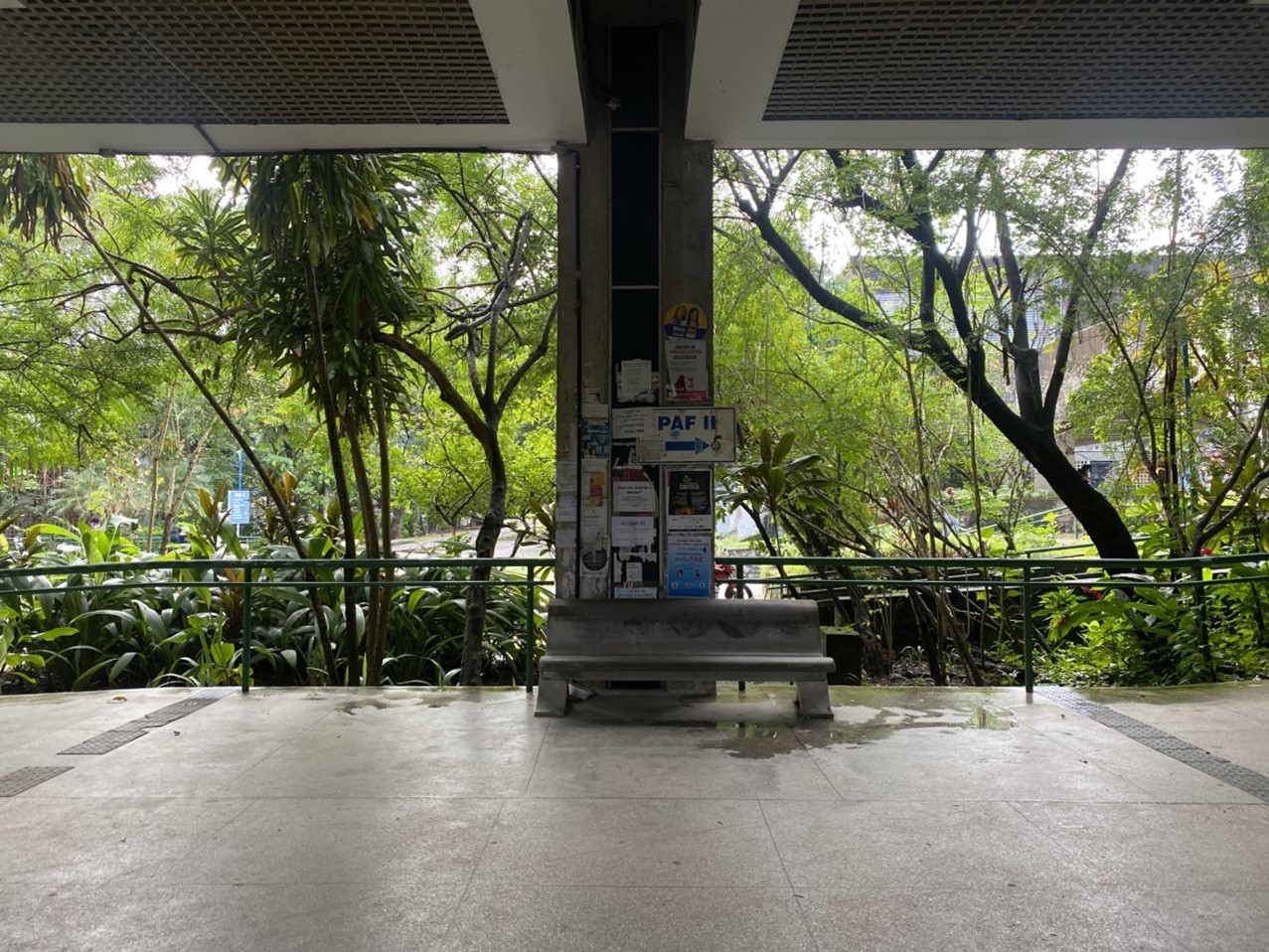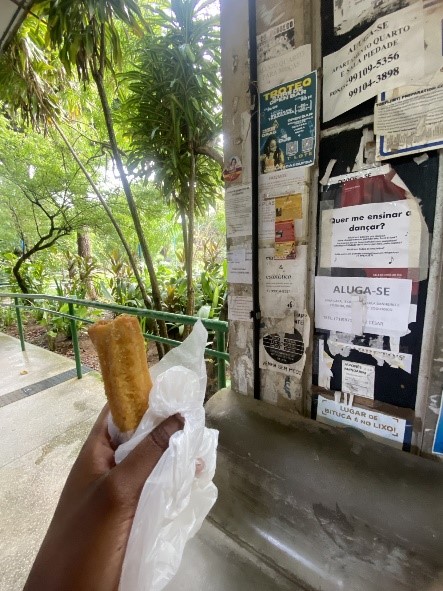My name is Jaquayla Hodges, and I am an approaching second-year MPH student at UNC Gillings School of Global Public Health in the Applied Epidemiology concentration. Within my public health career, my main foci are health inequities that exist across the African Diaspora, Latinx, and rural communities.
My last update of my practicum in Salvador, Bahia Brazil centered the work completed by myself and the Entre Mares Research Group while stationed in the city. The second half of my practicum moved the team to a town three hours north of Salvador, Sítio do Conde.
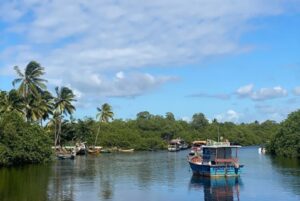
This trip was not originally planned for my participation during the practicum, but my practicum preceptor saw this as a great experience for me to connect my data analysis to reality. Afterall, the principal of epidemiology is the use of participant data from real people to improve health conditions and outcomes. My work involved data analysis of responses collected from a questionnaire distributed by the research team of fellow UNC and Universidade Federal da Bahia professors and students. I analyzed both quantitative and qualitative data including variables such as household income for each municipal city in Southern Bahia with the use of R Studio and Excel. Most of this work was remote, so it was nice to meet the people in my dataset. Members of the team from other parts of Brazil, including Pernambuco and indigenous towns, came along for this workshop as well.
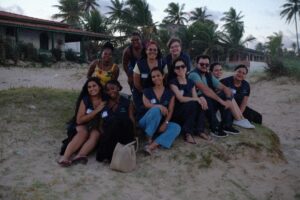
The motive of this workshop was to relay the health impact of the 2019 oil spill, connect the residents to the team’s progress, and assess the knowledge of preventative methods and behaviors for future environmental crises. We used data analyzed from the team to provide fishing communities knowledge and reasonable personal protective equipment (PPE) tips according to what everyone found accessible. For example, most people in the area wore shorts and flip flops daily. Something as simple as wearing long sleeved shirts and pants contributed to better protection during the cleaning processes. Alternatives to expensive store products were also discussed, acknowledging the reality of accessibility of costs for PPE. There were games like “Facto ou Mito (Fact or Myth)”, where participants would break into two teams and answer whether the statement on the screen about preventative environmental disaster behaviors were a fact or myth. None of the teams answered incorrectly! Both teams ended up winning prizes at the end of the game.
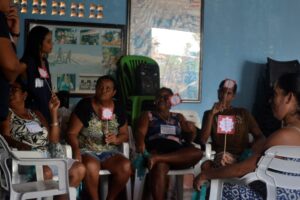
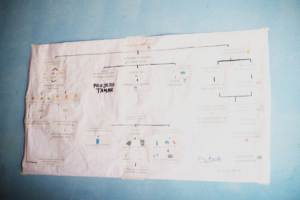
The team’s analyses, along with a few other studies on oil disasters around the world, aided in providing statistics for the workshop. Analyses are key to protecting communities from future occupational and environmental disasters through the workshops our team developed over the summer. The Entre Mares Research Group has grown to observe, engage and protect fishing communities in Salvador, and other affected communities in northeastern Brazil. I took over 300 photos and videos (see below), with community permission, for use of advocacy in future text or social media posts and the creation of a banner to be displayed in the fisher’s post in Conde. Future workshops with the team will focus on fisher’s occupational health and aims to expand to other important health outcomes for those living across northeastern Brazil.
